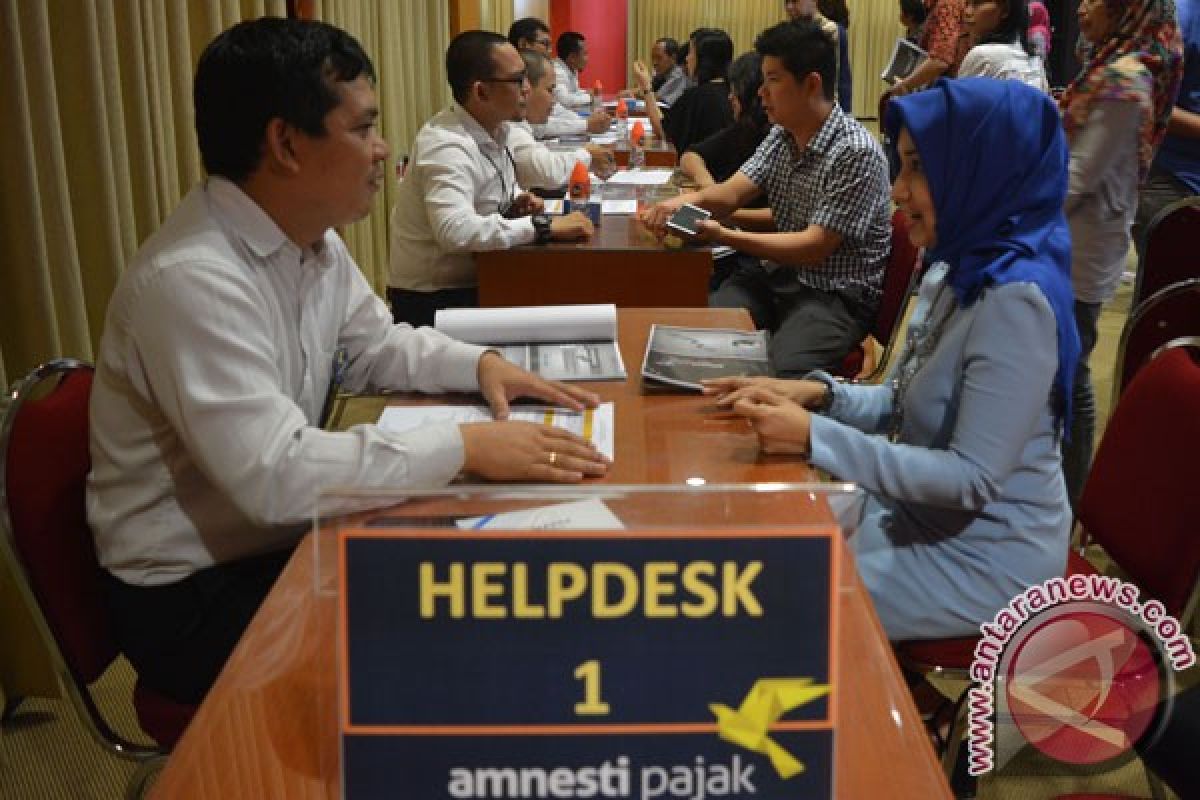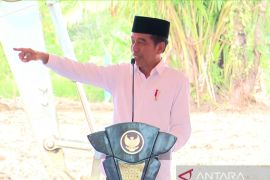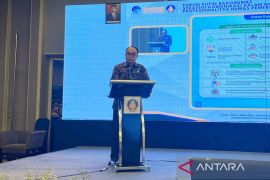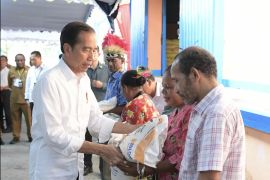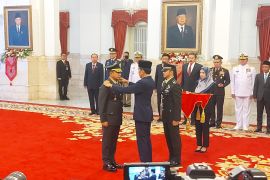With strong tax base we would be able to finance our strategic programs."Jakarta (ANTARA News) - Most observers were skeptical about the government program of tax amnesty especially as many countries have failed in launching such program.
Indonesia also failed twice in launching tax amnesty program earlier.
However, though falling short of targets, the program this time was a success. In fact Indonesia has been the most successful among countries ever launching tax amnesty in the world.
The state earned a total of Rp112 trillion from the program with declaration of hidden assets reaching Rp4,413 trillion until February 27 this year.
The program that began in July 2016 to end on March 31, 2017 is held in three phases, the first until September with 2 percent penalty rate, the second from October to December 2016 with a 3 percent penalty rate and the last from January to March 2017 with a penalty rate of 5 percent.
Around 682,822 tax payers took part in the program.
The money earned is not all the purpose of the program. The most important benefit is the tax payers awareness of obligation, the tax compliance of the people.
It was Tax reform would begin in the real meaning, President Joko Widodo (Jokowi) has said.
Finance Minister Sri Mulyani has said Indonesias tax revenues were very small and the tax ratio was low , lower than in most other countries.
Complicated tax regulations were one of the reasons of low tax compliance in the country, the minister said.
Therefore, the tax amnesty policy is expected to mark the start of the awareness of obligation or new compliance among the people. There is a long term gain expected from the program.
Tax administration would be transparent. Participation in the tax amnesty program shows that tax payers want to contribute to build up new culture of tax obedience. The people began to readily pay taxes and report their assets.
Year of proofs
The government still keeps hoping for additional revenues until the last days of the tax amnesty program.
It was obvious from the announcement of made by the finance minister about the target of the program in the third period. However, from what was recorded in the second period of the program, when additional revenues was only around Rp6 trillion, it might be false hope that the program would turn out more in the few remaining days until the deadline.
This might show that the tax amnesty program have little left to dig.
However, new fact is unveiled that potential revenues in 2017 is still large. Low tax compliance means that it could still be raised.
The year 2017 would be a year of proof for long term gain from the tax amnesty program . It is not a short term program to raise funds in penalty.
Taxation observer from a research and center of a number of taxation business activities (DDTC) Bawono Kristiaji said, tax revenues are estimated to reach 94-95 percent of target, provided that the process of taxation reform runs as expected.
Tax amnesty program contributed significantly to the countrys total tax revenues last year.
In its first two phases, the tax amnesty program contributed around Rp107 trillion or almost 10 percent of the countrys total tax revenues.
Without tax amnesty tax revenues in 2016 was estimated to reach only 72 percent of the target and almost certain the state budget deficit would exceed the maximum limit of 3 percent set by the law.
The penalty target fell far short of the target of Rp165 trillion , but the program proved two important things - high public confidence in the government and improvement in tax compliance, which had been very low in the country.
Developing compliance
Raising state tax revenues is not as difficult as transforming a non compliant into compliant community. It would need hard work and long time to develop compliance.
Improving tax compliance is the long term target of the tax amnesty program.
Among the factors for the tax compliance in the country included public dissatisfaction with public service, inequitable infrastructure development and rampant corruption.
In answer and question session about taxation socialization it was said that the people did not see what they gain from paying taxes especially with the rampant corruption involving state officials. The roads are badly battered and the public facilities are not adequate.
In a number of occasions, President Jokowi promised to redress the government administration system and introduce good governance.
The president said taxes are an instrument for the government to create equitable economic development and social justice all over the country.
He said the state needs participation of its people in paying taxes to finance development.
"We will seek to increase our tax ratio that taxes would be an effective instrument to create equitable economy and social justice. With strong tax base we would be able to finance our strategic programs," he said.
Therefore, tax amnesty program is not only an instrument to raise state tax revenues but more important is to develop new culture of compliance.
Meanwhile, the Taxation Director General (DJP) said tax penalty under the tax amnesty program reached Rp113 trillion by March 9 as against the government target of Rp165 trillion until the deadline on March 31 this year.
Assets declared reached Rp4,463 trillion including Rp3,300 trillion in the country, Rp1,018 trillion abroad and Rp145 trillion in fund repatriated.
Earlier, DJP spokesman Hestu Yoga Saksama warned tax payers not to miss taking part in the tax amnesty program or they would face sanction.
Hestu said the DJP would be strict in law enforcement after the termination of the program.
"DJP will again analyze data of the tax payers and would increase the number of tax officers assigned to tax examination," he said.
Tax payers refusing to take part in the tax amnesty program to resolve their tax obligation in the past, would risk a penalty of up to 30 percent, he said.
The government has repeatedly warned that in 2018, there would be no way of hiding assets as the country would adopt the Automatic Exchange of Information (AEOI) under which all banks accounts in the world would be accessible for investigation of taxable assets.
(Uu.H-ASG/F001)
Reporter: Hanni Sofia Soepardi & A. Sara
Editor: Priyambodo RH
Copyright © ANTARA 2017
